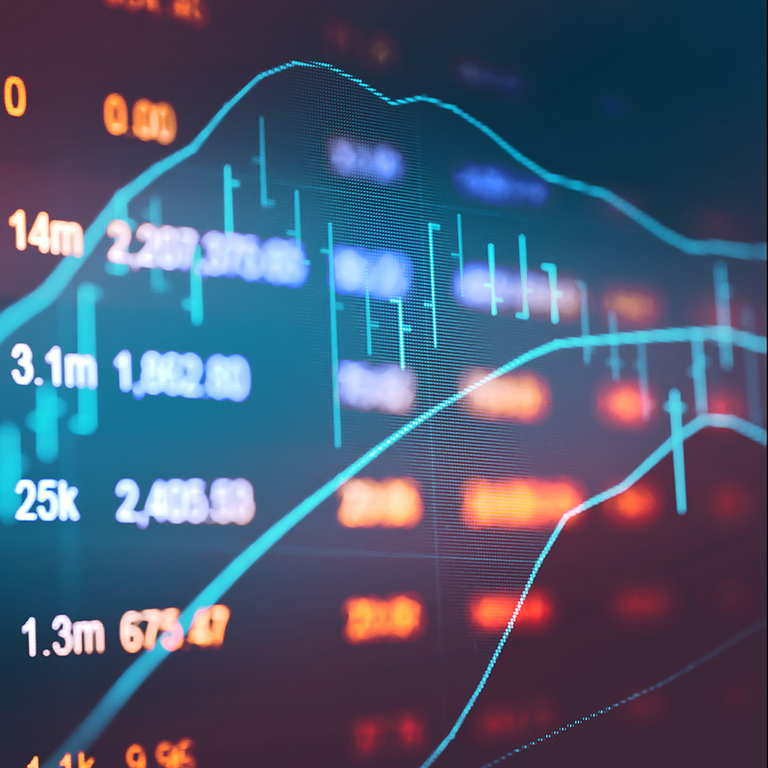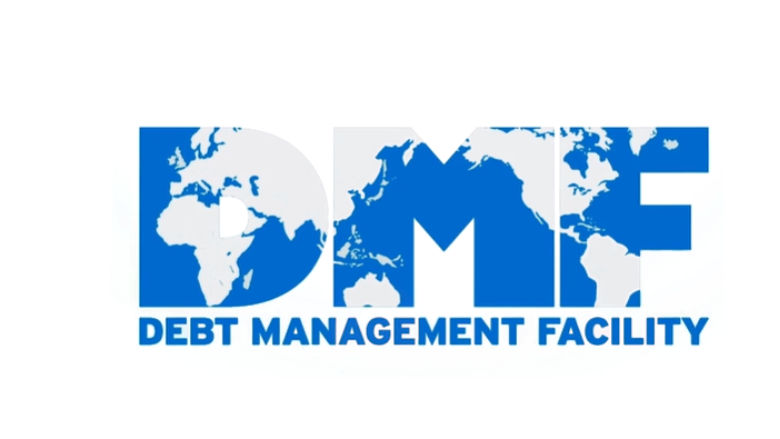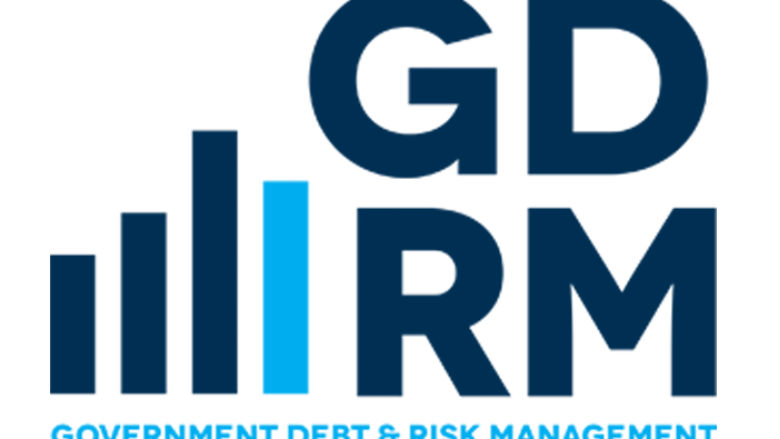Achieving the Sustainable Development Goals requires significant investments—in infrastructure, human capital, and climate change resilience. But governments in developing countries are often limited in their ability to mobilize domestic revenues or private investment.
Debt financing is critical for development, but unsustainable levels harm growth and the poor. Debt can be a useful tool if it is transparent, well-managed, and used in the context of a credible growth policy. But, too often, this is not the case. High public debt can inhibit private investment, increase fiscal pressure, reduce social spending, and limit governments’ ability to implement reforms.
Debt vulnerabilities have increased in recent years in emerging-market and low-income countries. The total external debt of low- and middle-income countries totaled $8.1 trillion at the end of 2019—of which a third was owed to private creditors. More than half of IDA countries today are in debt distress or at high risk of it. Assessments by the World Bank Group have found that less than half the countries reviewed met minimum requirements for debt recording, monitoring, and reporting.
Debt management and transparency need to be top priorities so new debt adds to growth and promotes a favorable investment climate. Policy makers in borrowing countries need reliable debt information to make sound borrowing decisions. Creditors, donors, analysts, and ratings agencies need full information to assess country debt and assess investment opportunities. Citizens can hold governments accountable if they have transparency on the terms and purpose of debt.
Before the COVID-19 outbreak, debt was already at record highs in emerging and developing economies. The pandemic is pushing a growing number of these countries into debt distress. Supporting the poorest countries in the fight against COVID-19 is our most urgent priority. We are deploying unprecedented support to enable countries to focus on responding to the pandemic rather than the repayment of creditors.
The World Bank Group is working hard to encourage comprehensive debt solutions that involve at least four elements—debt suspension, debt reduction, debt resolution, and debt transparency.
Debt Service Suspension Initiative
The World Bank and the International Monetary Fund urged G20 countries to establish the Debt Service Suspension Initiative. The DSSI is helping countries concentrate their resources on fighting the pandemic and safeguarding the lives and livelihoods of millions of the most vulnerable people. Since it took effect on May 1, 2020, the initiative has delivered more than $5 billion in relief to more than 40 eligible countries.
In all, 73 countries are eligible for a temporary suspension of debt-service payments owed to their official bilateral creditors. The G20 has also called on private creditors to participate in the initiative on comparable terms. The suspension period, originally set to end on December 31, 2020, has been extended through December 2021.
Last Updated: Mar 19,2021







